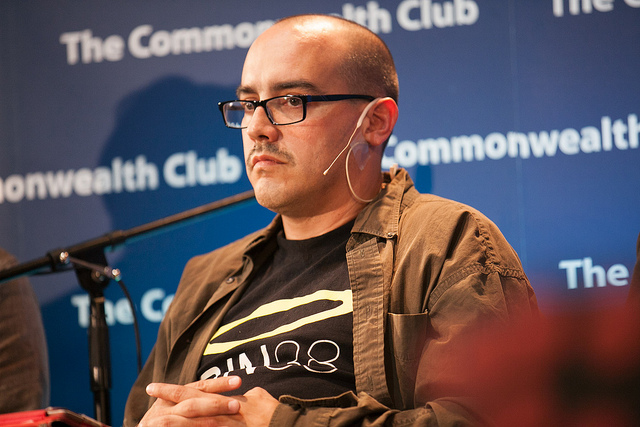The sexist status quo in the venture capital and startup scene may be shifting. In The New York Times’ article, “Women in Tech Speak Frankly on Culture of Harassment,” more than two dozen women were interviewed about harassment they’ve faced in work-related situations. Multiple women publicly outed prominent male executives in Silicon Valley for improper and sexist behavior, such as Chris Sacca of Lowercase Capital (also seen on Shark Tank), Dave McClure, founding partner of 500 Startups, and Justin Caldbeck of Binary Capital. Since the article was published, Sacca has apologized while McClure acknowledged that he is a “creep,” then resigned as a partner. Caldbeck, who was accused of sexual assault by six women as reported by The Information prior to the Times, was the first of many resignations from Binary Capital and the VC firm’s existence is now in question.

There are some major takeaways from the NYT article. One is that the power balance in Silicon Valley has been tipped heavily towards men for a long time, which in turn has developed a toxic culture for women. The women in the article detail instances in which male venture capitalists, who were once considered “untouchable” would send suggestive messages, with some leading to sexual comments. Some women were subjected to non-consensual touching as well. The frustrating dilemma evident in these instances is that the women, and many women in the startup ecosystem for that matter, “believed they had limited ability to push back against inappropriate behavior, often because they needed funding, a job or other help.” This is not only demonstrative of a major power imbalance in Silicon Valley–this is an outright abuse of power by some major players.

Photo by JD Lasica on Flickr
Sexism in Silicon Valley has been a well-known problem for a long time with little recourse for victims. Now, there seems to be a shift, women are sharing their stories and it’s actually having effect. Perhaps the climate of the startup and venture capital community is (finally) more responsive to Silicon Valley’s inherent sexism? We’d like to believe so. In any case, the women who came forward, both named and unnamed in The New York Times article, are heroes.

